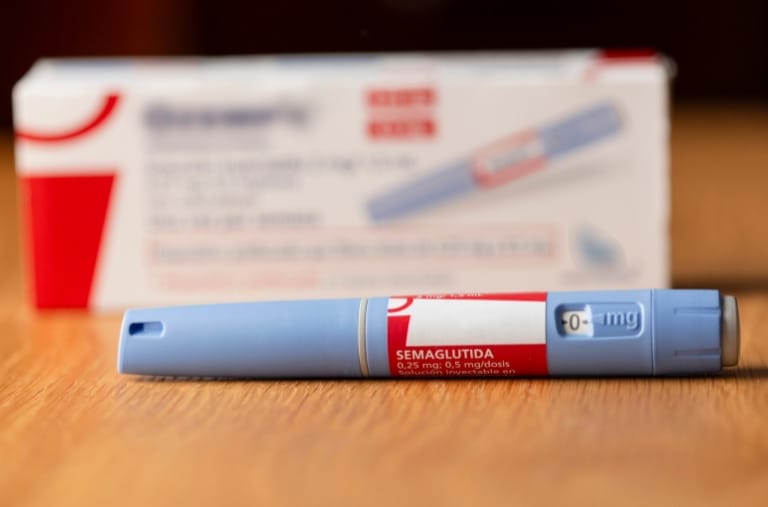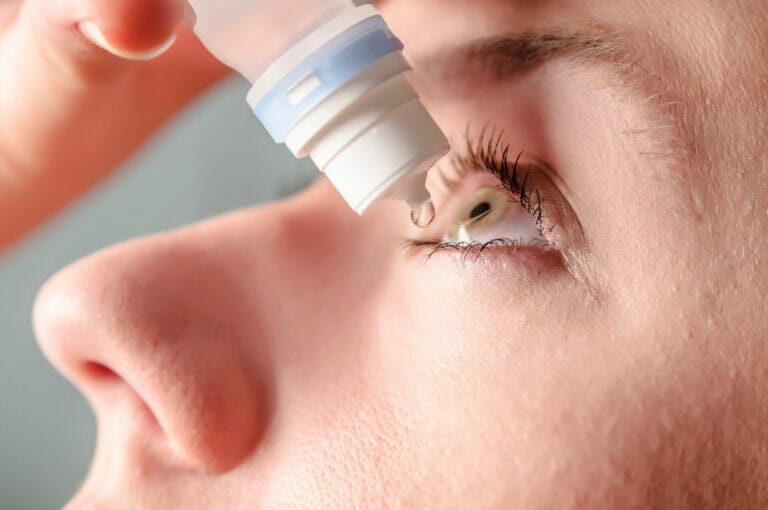Pogust Goodhead is currently investigating a condition affecting stone workers worldwide – the inhalation of silica dust on worksites.
This investigation follows reports indicating that workers who cut countertops are succumbing to an incurable disease known as Silicosis. One study from Australia suggests that roughly 1 in 5 stone workers already have the disease.
Workers in stone fabrication face a significant risk of overexposure to respirable crystalline silica (RCS), which is produced during processes like grinding and cutting stone. Inhaling these tiny particles, about 100 times smaller than a grain of sand, poses health risks. Without proper equipment to control RCS dispersion, such as water sprays and ventilators, there is a potential for long-term exposure. This can lead to severe conditions like silicosis and lung cancer among engineered stone workers.
What is silicosis?
Silicosis is a severe and often fatal lung disease. It has historical roots dating back to the Industrial Revolution, when production techniques increased workers’ exposure to higher concentrations of silica dust. The growing popularity of engineered stone countertops, with significantly higher silica concentrations than many natural stones, has triggered a new epidemic of this illness.
Stone countertops, commonly made from granite, quartz, and marble, contain RCS or silica dust. Cutting, grinding, and polishing these materials can release fine silica dust particles into the air, endangering workers who may unknowingly inhale them. Inhaling settled silica dust in the lungs can lead to irritation and inflammation. This can ultimately cause the development of silicosis, a debilitating lung disease. As the hazardous dust accumulates and scars the lungs, workers may experience shortness of breath, weakness, and, ultimately, lung failure. The effects are severe, often requiring lifelong care and potentially a lung transplant.
Inadequate workplace safety standards have unnecessarily exposed workers in stone trades, foundry, refractory, construction, and brick to the risks of silicosis and other silica dust-related diseases.
A rise in silicosis cases
Due to the large stone fabrication industry in LA County, California has witnessed a large increase in work-related silicosis cases. While the state reported fewer than five silicosis cases annually from 2010 to 2018, a surge occurred after 2019, with 95 cases recognized by the state. In 2022 alone, over 20 cases were reported.
In a collaboration between OSHA and the California Department of Public Health, the state is actively implementing an ‘emergency regulation‘ to prevent further silicosis exposure. As of September 2023, OSHA has responded to emerging concerns by updating its Silica exposure guidelines. These revisions include, but are not limited to, additional measures such as instructing employers to collect crystalline silica dust samples. This step aims to ensure that worker exposure to silica dust remains below the specified exposure limits. However, for many it is too late.
Keeping stone industry workers safe
Illnesses Associated with RCS Exposure:
- Silicosis
- Lung Cancer
- Lung Infections
- Chronic Obstructive Pulmonary Disease
- Kidney Disease
- Symptoms Associated with Silicosis
- Persistent Cough
- Shortness of Breath
- Fatigue
- Discoloration of Lips
- Fever
- Night Sweats
- Swelling of the legs
If you have been exposed to silica dust through your work in the industry or you later developed lung disease or other illness due to exposure to silica dust, it is strongly recommended to see a doctor and get in touch to discuss your legal rights.
If you or someone you know has been exposed to and injured by silica dust, get in touch with our team today by emailing intake@pogustgoodhead.com or calling (610) 941-4204 for a free, confidential conversation.









